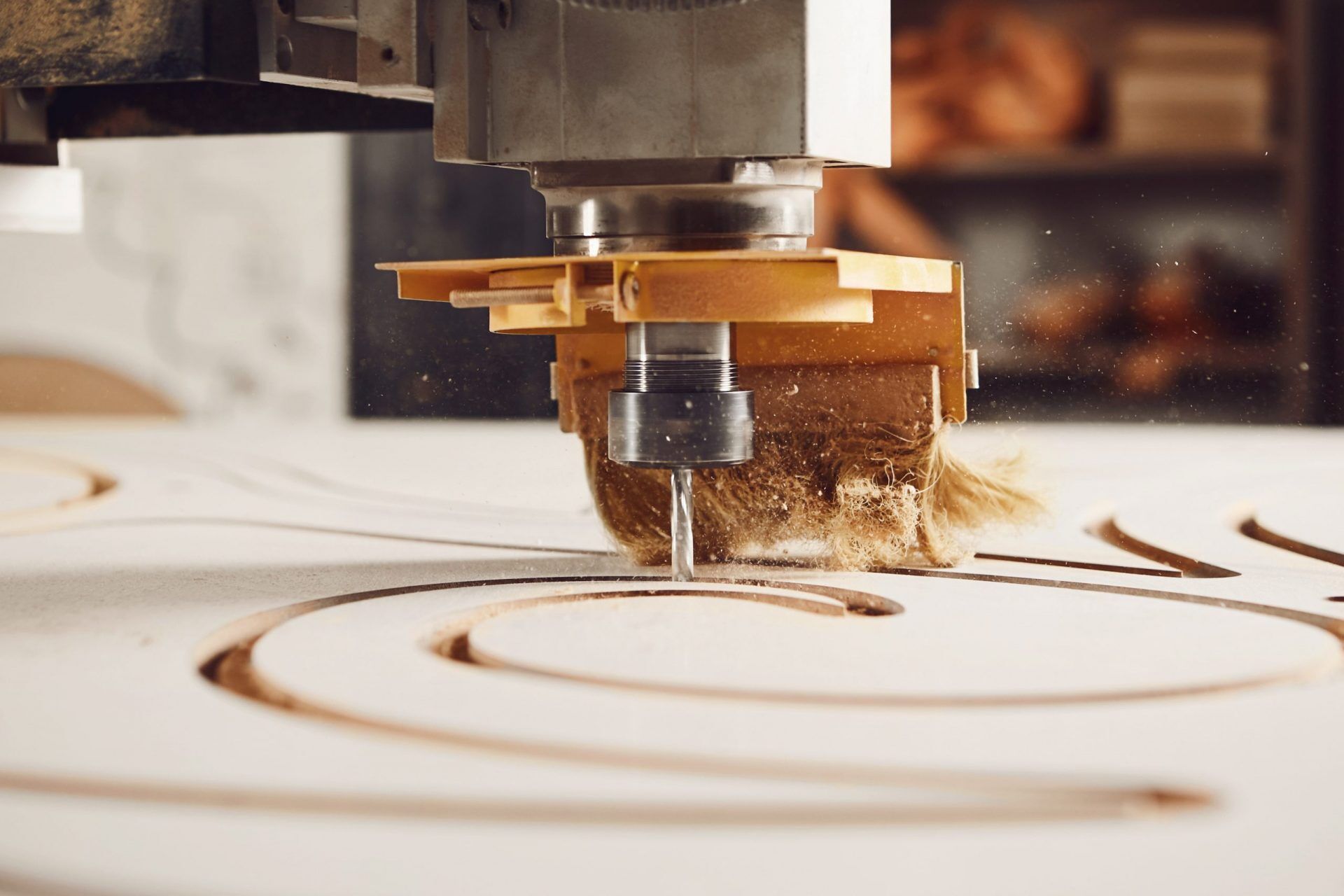In the world of manufacturing and machining, CNC milling machines have revolutionized the way parts and components are produced with unprecedented precision and efficiency. These automated machines have allowed manufacturers to take their production to a whole new level. In this blog post, we will explore CNC milling machines, their operation, applications and the benefits they offer to the manufacturing industry.
What is a CNC milling machine? CNC milling machines, also known as computer numerical control machines, are machining tools that use a combination of computer-controlled motion and rotating cutting tools to shape materials such as metals, plastics, wood, and others. These machines have great precision and repeatability in the production of complex and detailed parts.
Operation of a CNC milling machine: CNC milling machines operate by controlling the X, Y and Z axes that allow three-dimensional movement of the cutting tool. Part design data is entered into CNC programming software, which is then translated into precise instructions for the milling machine. These instructions are sent to the machine’s stepper motors or servomotors, which position the cutting tool with millimeter precision to shape the material.
Applications of CNC Milling Machines: CNC milling machines are widely used in a variety of industries, from automotive and aerospace manufacturing to electronics production and prototyping. These machines can produce parts with complex geometries, perform precise cutting, drilling, 3D milling and other types of high-quality machining. Additionally, CNC milling machines offer high production speed and exceptional repeatability, making them an ideal choice for mass manufacturing.
Benefits of CNC milling machines:
- Precision and quality: CNC milling machines are capable of producing parts with extraordinary precision, ensuring quality and consistency in production.
- Efficiency and productivity: These automated machines allow for continuous, uninterrupted production, reducing cycle times and increasing overall productivity.
- Flexibility and versatility: With proper programming, CNC milling machines can produce a wide range of parts and components, adapting to various applications and design requirements.
- Reduced Errors: By largely eliminating manual intervention, human errors are reduced, improving part quality and minimizing material waste.
- Innovation and complexity: CNC milling machines allow the creation of highly complex designs and geometries that would be difficult to achieve with conventional machining methods.
Conclusion: CNC milling machines represent a revolution in the field of precision machining and manufacturing. Their ability to produce parts with exceptional precision, production efficiency and versatility make them an essential tool for the modern manufacturing industry.
If you’re looking to take your production to the next level, consider incorporating CNC routers into your manufacturing process. These machines will allow you to create high-quality parts, reduce production times and maintain a competitive advantage in the market.
Remember that mastering CNC milling machines requires technical knowledge and programming skills. If you are new to this field, it is advisable to seek appropriate training and advice to make the most of the potential of these machines.
In short, CNC milling machines offer precision, efficiency and versatility, driving cutting-edge production in the manufacturing industry. Don’t miss the opportunity to take advantage of the advantages these machines offer and take your business to the next level of machining excellence.
